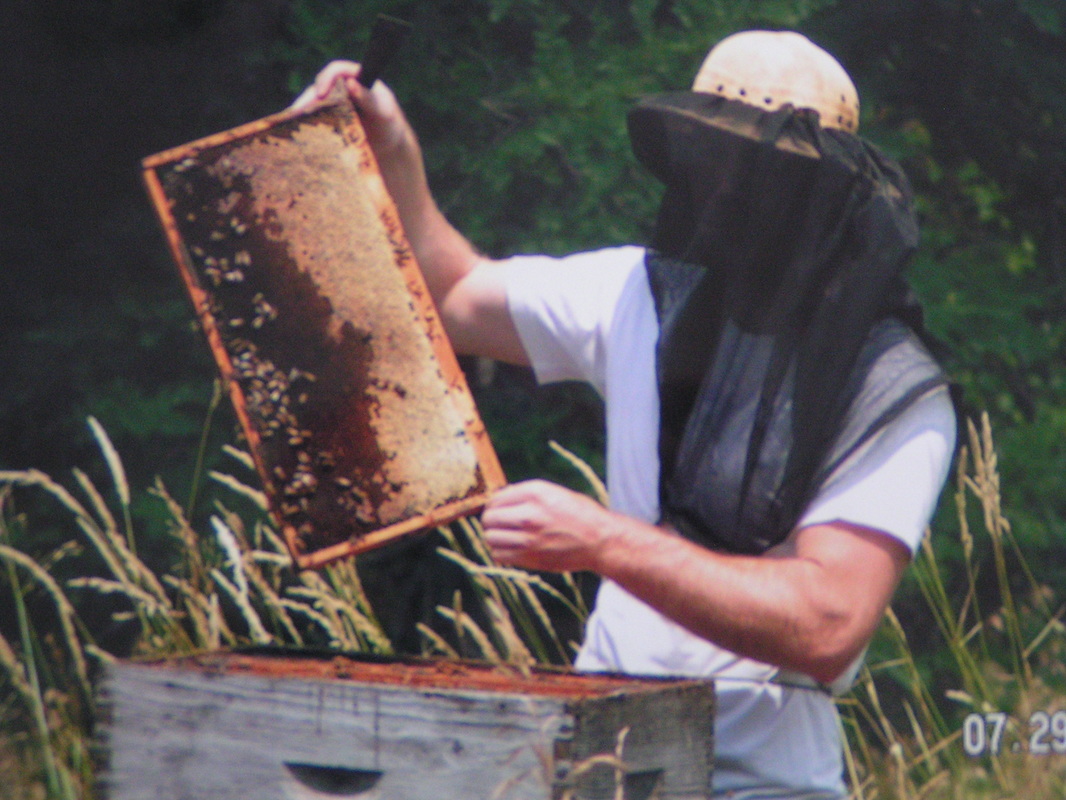"But new research from Arizona State University finds that older honeybees turned back the clock on brain aging when they took on new duties, such as caring for baby bees, that were usually handled by younger members of the colony. The findings, published recently in the journal of Experimental Gerontology, suggest that social interventions — changing how you deal with your surroundings — could be used to treat or slow dementia in humans.
"Researchers like to study social insects like honeybees and ants because, as with humans, cooperation with others is vital in their world. Through insects, scientists can learn things relevant to human life and better understand how changes in social interactions affect brains, cells and genes.
"Previous research on honeybees has shown that the brain function of bees stays intact when they are active in the nest, performing tasks such as feeding babies. Younger bees generally handle those tasks. Once they become older at three to four weeks, they leave the nest to search for food as foragers. Their mental function declines, and they usually die within seven to 10 days."
Bee study finds new social interactions can heal older brains
Written by Anne Ryman Gannett

 RSS Feed
RSS Feed
